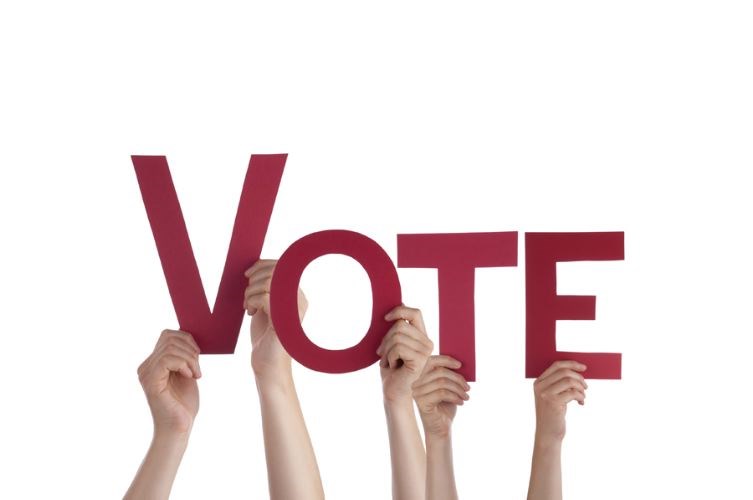The legislature will be shutting down for the summer in a few short weeks. It will not sit again for another four months.
Does this mean government is shutting down? No. Government services, ministerial actions, and policy development will still carry on. But the government can't introduce new legislation. And, from the looks of things, they will not even get through their spring agenda.
Many pieces of legislation might die on the table without ever seeing the light of day. Many questions will be left unresolved.
For example, while the Electoral Reform Act 2018 has passed through the Legislature, it leaves many questions unanswered. What will the question be? When will be vote happen? If it is a mail-in ballot, how will be government ensure each voter only votes once?
It is likely, in order for the referendum to be completed prior to the deadline of Nov. 30, the government will need to rush through some form of enabling legislation this session. October is a little late.
It is also really not clear what changing to proportional representation will accomplish. Judging by some of the recent letters to the editor appearing in The Citizen, people somehow believe proportional representation will change the behavior of government.
For example, one author thought a minority government would be "more open and trusting government." They went on to say "minority governments are weak and have to show more respect to both people that voted for them and people that did not. This does not seem to be the case."
It never is.
Proportional representation tends to produce minority coalition government. It is difficult in a democracy - Russia aside - to have a government truly elected by a majority of voters. Indeed, in Norway, the governing coalition holds only 80 seats while the opposition has 89.
But does being in a minority lead to a government respecting the people? No, because the government has to focus on its base to maintain what little support it has. And it has to appease the desires or ambitions of its coalition partners who are busy trying to maintain their base.
Minority governments, much more than majority governments, have to spend their time currying favour. The author of this letter says it right up front: "Minority governments are weak..."
Another recent letter follows along the same theme. "There is no stronger evidence for the need to change to proportional representation than politicians once in power dispensing government benefits to reward friends and punish enemies." Yet this is exactly the sort of behavior minority governments must engage in to maintain their position.
Want proof? Do you think the NDP would be doing everything they are doing if they didn't have to gain the support of the Green Party? Would Premier John Horgan really take on the Kinder Morgan pipeline or a referendum on proportional representation if the Green Party wasn't pushing so hard?
Politics is the fine art of negotiating a social contract and weak governments spend an awful lot of their time in those negotiations. As proportional representation will lead to a succession of minority governments, it will lead to more currying favour from friends, not less.
As the letter goes on to optimistically state "... under proportional representation nearly all votes count. That will fundamentally change the behavior of governments and local MLAs." I will forego an argument on the notion of a "local MLA" under proportional representation and instead point out there is nothing within proportional representation to ensure good behavior on the part of MLAs.
Indeed, in some forms of proportional representation, the people have absolutely no say in who the elected MLAs will be. List proportional representation requires nothing more than voting for a party. Who the party then appoints to the legislature is entirely their business.
We live in a representational democracy. We forego our right to have a say by electing people to speak on our behalf. Whether it is proportional representation or first past the post, we have not way to ensure what they say and how they act is always in accord with our views. It is the price we pay for not participating directly in our own governance.
If we are truly going to change our system of governance, we could go to a referendum based system. Indeed, one recent letter asked why doesn't the premier put the pipeline to a referendum so the entire province can decide. Sounds good but what if the province disagrees with your point of view?
Changing our voting system is a red herring. It is not the problem, which is why the referendum should fail.



